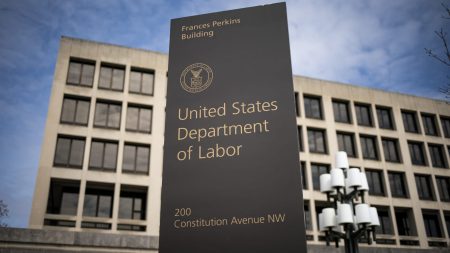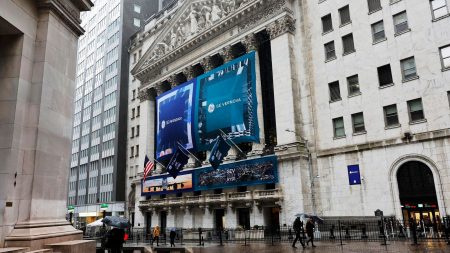During the last week of March, there were major foreclosures happening, with properties in San Francisco, Mountain View, Washington D.C., and Florida. These properties were worth hundreds of millions of dollars each. Leveraged loan delinquencies are on the rise, now exceeding 6%, which is approaching levels seen in past recessions. Office vacancies are at record highs, and commercial real estate prices are plummeting. Retail malls are struggling, and the multi-family space is experiencing falling rents. Banks are expected to add to their loan loss reserves as they post their Q1 results in April.
Despite the issues in the commercial real estate sector and cracks forming in the economic landscape, equity prices continue to climb to record highs. The S&P 500 and DJIA hit new closing highs, with the Nasdaq not far behind. Traditional valuation metrics show that equities are significantly overvalued. There have been signs of flat or falling industrial production, lower retail sales volumes, shrinking exports, and a loss of full-time jobs. However, the Atlanta and St. Louis Federal Reserve District Banks are predicting a strong +2.3% growth rate for Q1 GDP, but many research houses believe this to be optimistic.
Rapidly rising credit card balances indicate that personal savings have been depleted, leading to an increase in credit card, auto loan, and other consumer loan delinquencies. Home prices, which are usually tied to consumer spending due to the “wealth effect,” are on the decline. The housing boom may be coming to an end as both the Case-Shiller and FHFA Home Price Indexes show negative trends. Consumer confidence has dropped, with future expectations at a six-month low, and plans to purchase big-ticket items at their weakest levels in years.
While the Federal Reserve recently raised its GDP forecast for 2024, regional Fed bank surveys indicate weakening conditions in manufacturing and consumer spending. Despite some bumps in inflation data in January and February, the Fed remains cautious about lowering rates. Recent data on inflation shows a slight uptick, but the core PCE measure remains below the Core CPI Index. Markets are now speculating on the possibility of a rate cut in June, as the lagged shelter component in the CPI is expected to de-escalate annual rates of inflation.
Issues in the commercial real estate sector are mounting, with foreclosures in the early stages. This is expected to have a significant impact on the financial sector in the coming months, potentially leading to a recession. Despite economic cracks, the equity market continues to soar to record highs, with traditional valuation metrics signaling overvaluation. Manufacturing is showing signs of recession, and consumer spending appears to be slowing. With weakening retail sales, production, and housing data, the outlook for the economy is uncertain. Fed Chair Powell has expressed confidence in the inflation fight, but the possibility of a rate cut in June remains high.















